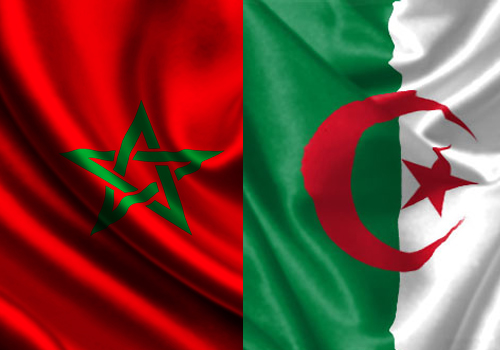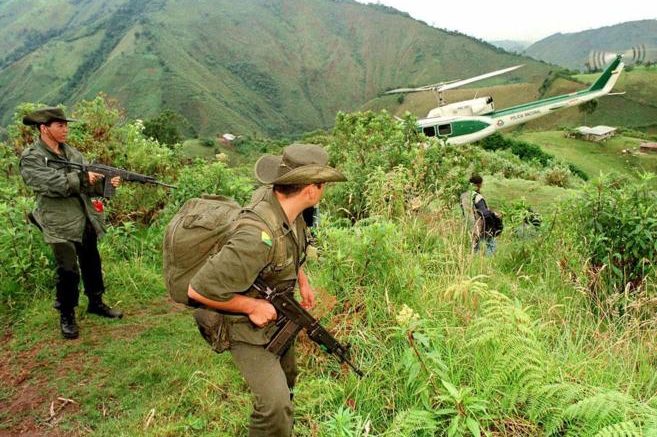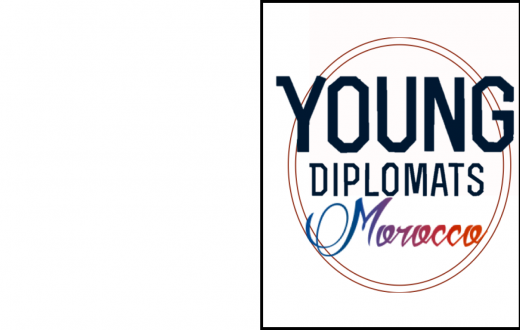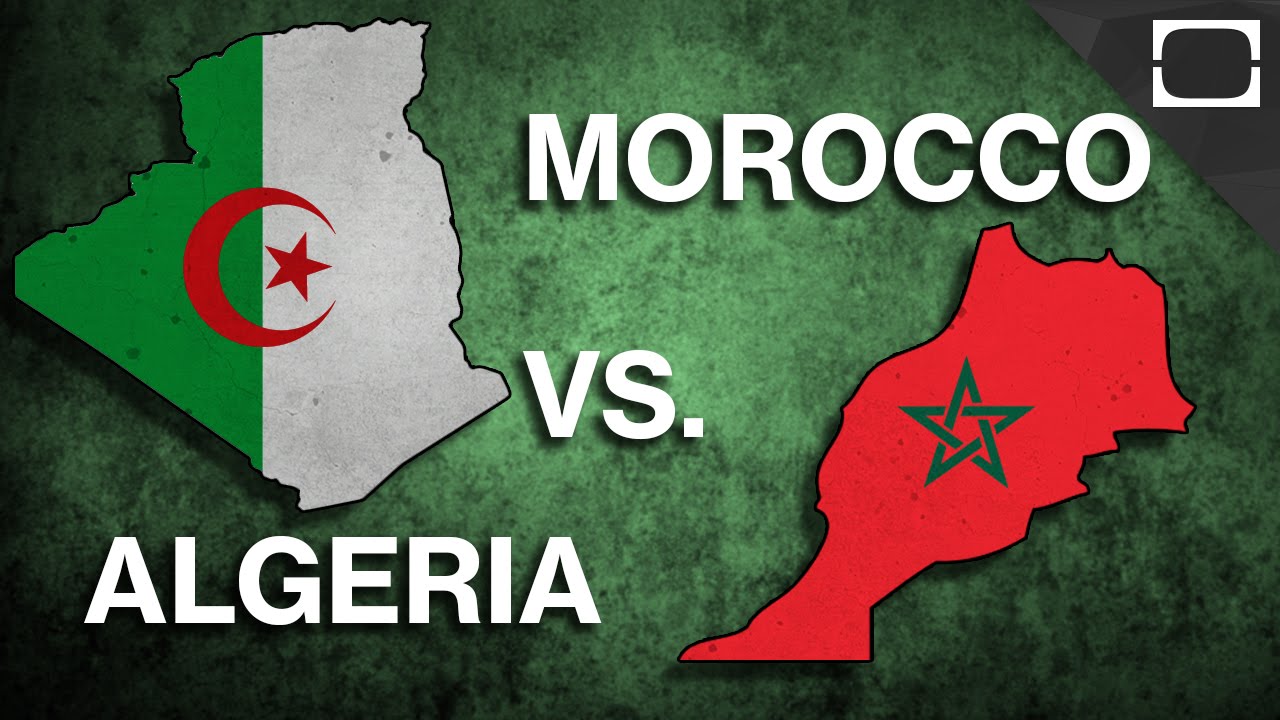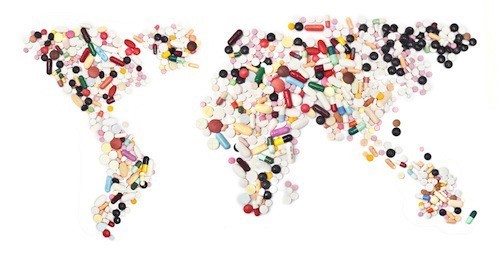The route used by drug traffickers from the Kingdom of Morocco is known to all. But mum’s the word on this business that defies control. Clearly the Morroco-Algeria borders is not a problem for Cannabis smugglers.
The latest report of the International Narcotics Control Board (INCB) indicates that “Morocco is still the largest producer of cannabis resin in Africa, mainly to Europe.” North Africa remains the subregion of Africa which have been seized the largest quantity of cannabis resin, notes the report, which states that “these catches were particularly large in Algeria, where they increased from 53 tonnes in 2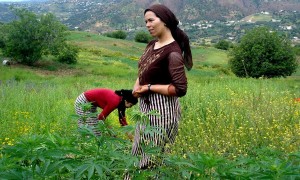 011 to over 211 in 2013 “.
011 to over 211 in 2013 “.
A Ketama, north of the kingdom, nearly 80 000 hectares annually produce 100,000 tons of raw hashish, generating almost 2 billion dollars in revenue. Greenish areas are spread out to infinity. Surrounded by fields, countless storage hangar, production plants of different varieties of “zetla” [cannabis], the “double zero” to “gabba”, as we say here [to describe the qualities of Manufacturing]. The lord of the premises are inviolable; it would be easier to go as a tourist to the moon than to enter this industrial site in the open. Along the road, toddlers and women with visible tattoos offer small cannabis resin pads at competitive prices – small amounts as a sample before any commands. But the big traffic does not devises on sidewalks.
Merchandise conveyed by donkey
Ketama is the devil’s lair, where you risk you peddle drugs and report you to the customs barriers and the royal gendarmerie, two kilometers away. “If the culture of kif is allowed, traffic is another story, it’s like this, it’s all about barons and money, so complicity at all levels,” confesses a Moroccan friend we’ll call Slimane. At night, opening the heavens of the gods … According to a source very aware of this trafficking, production of Ketama takes two destinations: Spain and Algeria.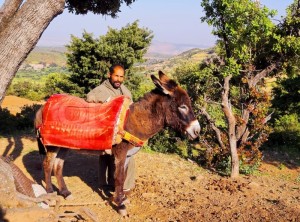
Vehicles are supplied and out of plantations with an average of two quintals each. As fate of an oil mill and a cement factory. Once the right of way paid, vehicles swallow asphalt quietly direction, in our case, of Oujda, the capital of the Oriental [after the name of the border region], addresses this privileged Algeria generous. This is where the underworld negotiates quality, quantity, price, date of transition …
The goods conveyed at night or at dawn, usually a donkey, very few on board motor vehicles is delivered to the warehouses of the villages [Algerian] neighboring Maghnia, Marsa Ben M’Hidi, Souani , Sebdou … The delivery of drugs to the cities of Oran and Algiers, to the east and south is done in a studied way. Disillusioned by so many voices of hypocrisy surrounding the extent of trafficking indicate, “No one is fooled, traffickers buy the road to get their poison. Here are all suspended status, the power of money can crush us in a flash. As for the barons, the real ones, those who make and break local laws, these, we do not see them. ”
You have to pay
It is difficult to doubt the words of our interlocutors, in the sense that, through this officially closed border – trenches, fence, outposts of soldiers, police patrols, customs, control brigades against drugs, fixed barriers and various security services … – you have to pay. Everyone knows it and everyone is silent!
Legalization of cannabis: “An idea whose time has come”
Huge amounts of drugs are seized in kilometers from the frontier line, often on the East-West highway, or outright in southern Algeria. Talking yet closed border, it’s ridiculous! Our Moroccan brother Slimane, always under the condition of anonymity, in a burst of pride, opines: “All in all, it’s fine to anathematize Morocco but, if there were no buyers (the Algerians), there would never vendors (Moroccans)! This is a business that relates to all parties, and drug trafficking is universal … “Who will stop the traffickers? Certainly not the trenches and wire mesh …

